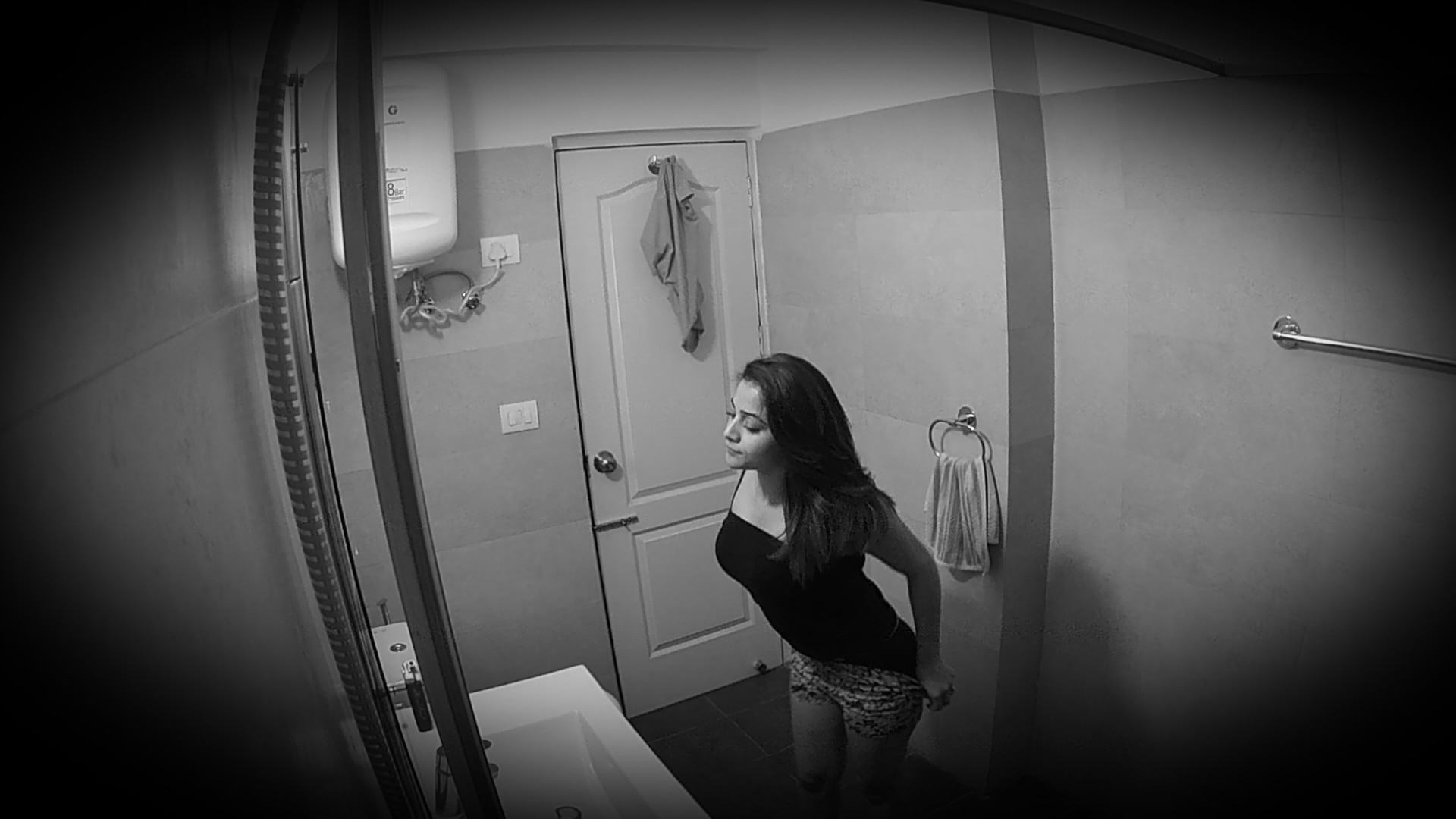Types of Very Small Cameras: Very Small Camera In Bathroom

The world of covert surveillance has seen significant advancements, particularly in the realm of miniature cameras. These tiny devices, often disguised as everyday objects, are capable of capturing video and audio discreetly, raising concerns about privacy and security.
Pinhole Cameras
Pinhole cameras are among the smallest and most discreet cameras available. They are typically embedded within objects like buttons, pens, or even wall clocks, making them virtually undetectable. These cameras use a tiny lens, often just a pinhole, to capture images and videos.
Pinhole cameras are often employed for security purposes, such as monitoring sensitive areas or recording evidence of criminal activity. However, their small size and inconspicuous nature also make them attractive for illicit activities, such as voyeurism or unauthorized surveillance.
Button Cameras
Button cameras, as the name suggests, are disguised as ordinary buttons. These cameras are typically equipped with a small lens and a built-in microphone, allowing them to record both video and audio.
Button cameras are often used for personal security, such as monitoring a home or office while away. They can also be used for surveillance purposes, such as tracking employees or recording evidence of misconduct. However, their discreet nature also makes them susceptible to misuse, such as recording private conversations without consent.
Spy Cameras
Spy cameras encompass a wide range of devices designed for covert surveillance. They can be disguised as various objects, including smoke detectors, clocks, keychains, and even USB chargers. Spy cameras are often equipped with advanced features, such as motion detection, night vision, and remote viewing capabilities.
Spy cameras are used for a variety of purposes, including security, law enforcement, and personal safety. However, they can also be used for illicit activities, such as recording private conversations or monitoring individuals without their consent.
Privacy Concerns and Ethical Considerations

The use of very small cameras in bathrooms raises significant privacy concerns and ethical implications. These devices, often concealed and difficult to detect, can be used for unauthorized recording and invasion of privacy, leading to serious consequences for individuals.
Unauthorized Recording and Invasion of Privacy
The potential for unauthorized recording is a major concern. These cameras, due to their small size and discreet nature, can be easily hidden in bathrooms without the knowledge or consent of individuals. This can lead to the recording of private and intimate moments, compromising personal privacy and potentially causing significant emotional distress.
Ethical Implications of Using Cameras in Bathrooms
The use of cameras in bathrooms raises ethical questions regarding consent and the right to privacy.
- Informed Consent: The ethical use of cameras in bathrooms requires informed consent from all individuals who may be recorded. This means that individuals must be fully aware of the presence of the camera, its purpose, and the extent of recording before they enter the bathroom.
- Right to Privacy: The right to privacy is a fundamental human right, and it extends to private spaces such as bathrooms. Using cameras in these spaces without explicit consent can be a violation of this right, especially if the recordings are used for purposes other than security or safety.
Legal Framework Surrounding Camera Use in Private Spaces, Very small camera in bathroom
The legal framework surrounding the use of cameras in private spaces varies depending on jurisdiction.
- Laws Prohibiting Unauthorized Recording: Many jurisdictions have laws that prohibit the unauthorized recording of individuals in private spaces, such as bathrooms. These laws typically require consent for recording and may impose penalties for violations.
- Data Protection Regulations: Data protection regulations, such as the General Data Protection Regulation (GDPR) in the European Union, place restrictions on the collection, processing, and storage of personal data. These regulations can apply to recordings made by cameras in private spaces, requiring compliance with data protection principles.
